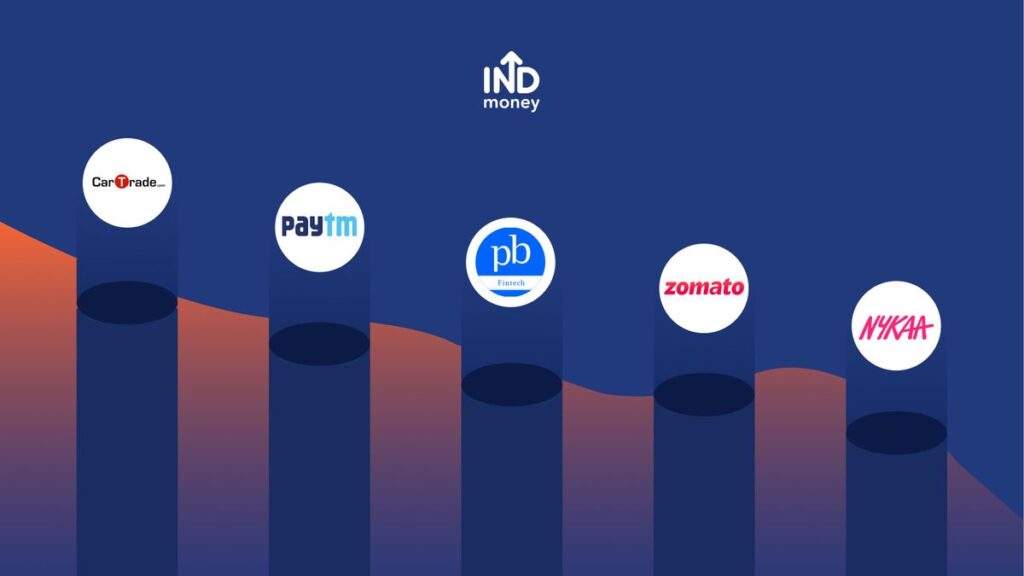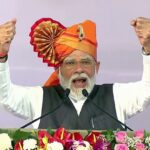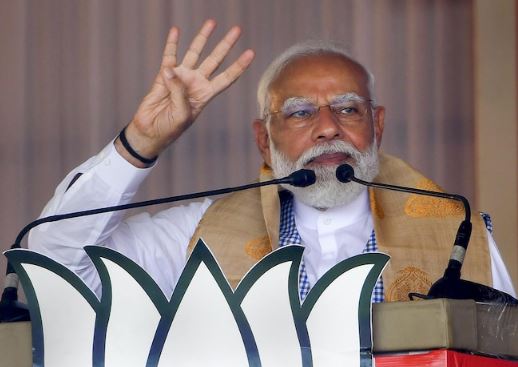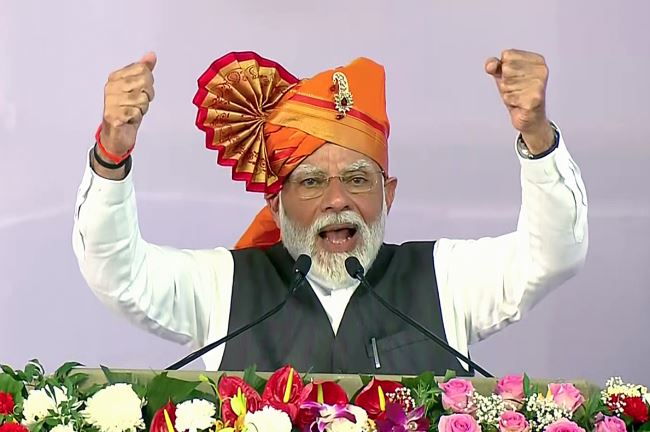Mumbai: Shares of Indian startups Zomato, Paytm parent One97 Communications, Nykaa owner FSN E-Commerce Venture and PolicyBazaar tanked on Monday to their lowest since their listing. Shares of One97 Communications touched the lowest of Rs 881.5 a piece, while food-tech giant Zomato that listed on the stock exchanges in July last year tanked nearly 20 per cent to reach the low of Rs 91 per share. Nykaa fell nearly 13 per cent to reach Rs 1693.25 from the all time high of Rs 2574. PolicyBazaar fell over 10 per cent today to Rs 766 a piece from the high of Rs 1470. Shrikant Chouhan, Head of Equity Research (Retail), Kotak Securities opined that new age and all the expensive stocks are falling mainly because of specific news flow regarding rising interest rate in the US markets and rollback of stimulus. “Whenever we see a sudden jump in the 10-year bond yields we see sell-off inexpensive stocks in terms of valuation,” he added. According to Siddhartha Khemka, Head – Retail Research, Motilal Oswal Financial Services, Indian markets witnessed a sharp decline today in line with a broader selloff in global equities amid concerns over the Federal Reserve’s upcoming meeting where the US central bank is expected to signal a rate hike and balance-sheet reduction for the year. “Rate hike expectation, “onsistent FII selling, rising crude oil prices, geopolitical tensions between Russia and Ukraine and mixed quarterly results so far have been the major reasons for the weakness in equity markets,” he added. Sensex fell by 2.62 per cent to close at 57491, while Nifty declined by 2.66 per cent to close at 17149.1 Amar Ambani, Senior President & Head – Institutional Equities, Yes Securities, noted that Indian equities corrected massively, possibly reacting to US equities trending lower and rise in crude oil prices. “In my view, there were no positive triggers to take the market upwards in the near term and which is why volumes in large cap names are down 20-30 per cent in 2022 so far, as compared to 2021, even when market caps are higher by 20-25 per cent on a year-on-year basis,”











More Stories
Modi will come with hope in 2024: PM
IPL: For Bumrah every ball wicket-taking delivery
J&K to get statehood, assembly elections not far: PM